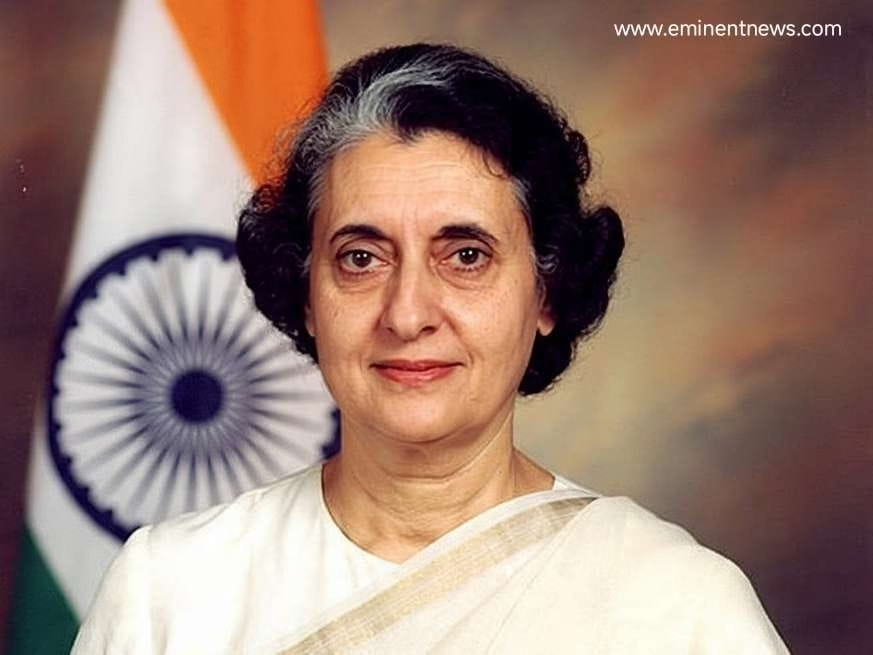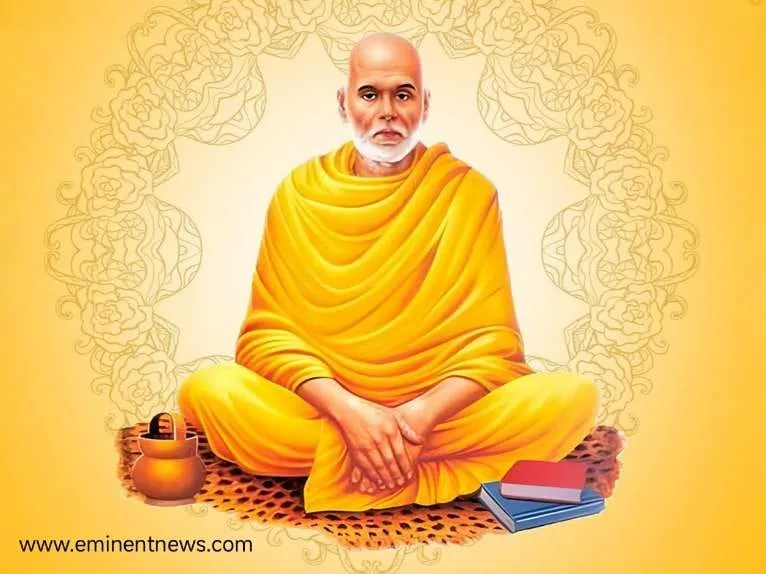As India marks the 50th anniversary of the National Emergency, declared on June 25, 1975…
it’s a time to reflect on a period that significantly impacted the nation’s democratic trajectory , This 21-month phase, which lasted until March 21, 1977, saw Prime Minister Indira Gandhi declare a state of emergency under Article 352 of the Constitution, citing internal and external threats to the country ..
The prelude to the Emergency was marked by political and economic challenges. Economic stagnation, high inflation, and social unrest, exacerbated by the 1971 war and the 1973 oil crisis, created a volatile environment . Politically, the situation intensified after the Allahabad High Court invalidated Indira Gandhi’s 1971 election due to electoral malpractices ,This, coupled with growing opposition movements led by figures like Jayaprakash Narayan, contributed to a climate of instability .
The declaration of the Emergency on the night of June 25, 1975, granted the central government sweeping powers, leading to the suspension of civil liberties and imposition of press censorship . Fundamental rights were curtailed, and prominent opposition leaders and dissenters were arrested under preventive detention laws , The media was heavily censored, with newspapers requiring prior government approval for publication .
The official justification for the Emergency was to restore order and stability and counter threats to national security . However, critics point to the arbitrary use of power, human rights abuses, and the stifling of democratic processes that occurred during this time . The judiciary’s independence was compromised, and the Supreme Court, in the ADM Jabalpur case, ruled that the right to life and liberty could be suspended during an Emergency, a decision that was later reversed .
The Emergency also saw controversial programs such as a widespread compulsory sterilization campaign, particularly targeting males . There were allegations of coercion and forced procedures, with tragic consequences in some cases . Demolitions were also carried out in urban areas like Delhi as part of “urban renewal” programs, displacing large populations .
The response to the Emergency included organized opposition from groups like the Akali Dal, which launched the “Democracy Bachao Morcha” (Campaign to Save Democracy) . Other organizations, like the RSS and Jamaat-e-Islami, were banned .
In 1977, fresh elections were called, and the opposition Janata Party, campaigning on the promise of restoring democracy, achieved a landslide victory . This marked the end of the Emergency and the first time a non-Congress government came to power at the center .
The legacy of the Emergency remains a subject of debate, but it undeniably left an indelible mark on India’s political and social landscape . It highlighted the fragility of democratic institutions and the importance of safeguarding civil liberties, a free press, and an independent judiciary .
In the aftermath, the 44th Amendment to the Constitution was enacted to make it more difficult to declare an Emergency and to strengthen the protection of fundamental rights . The period also influenced literature and film, with many works reflecting on the events and their impact . The government of India has designated June 25 as “Constitution Murder Day” to commemorate the Emergency . for editorial page click www.eminentnews.com



























